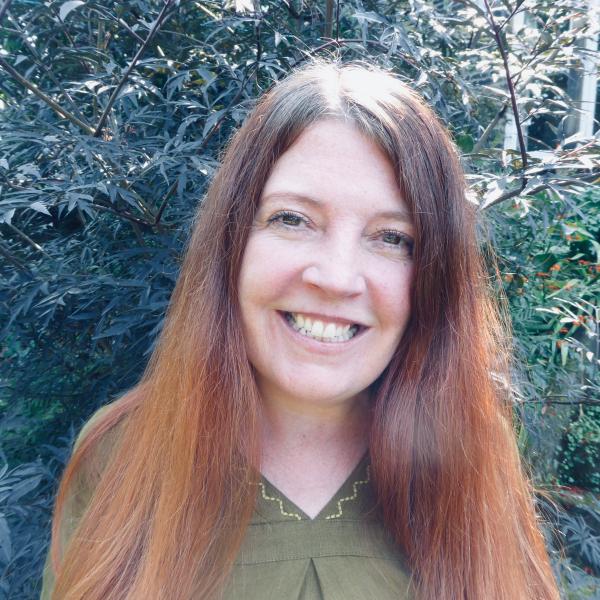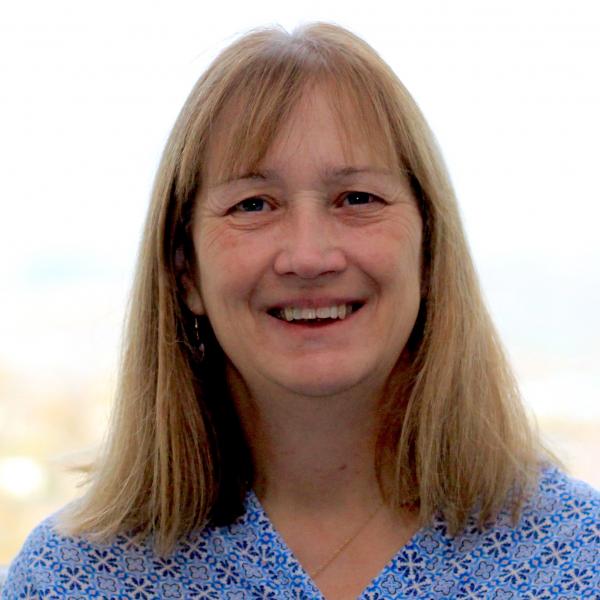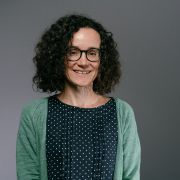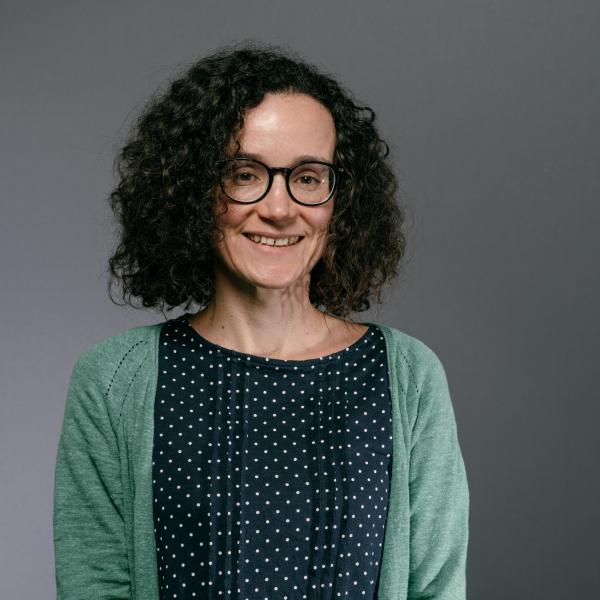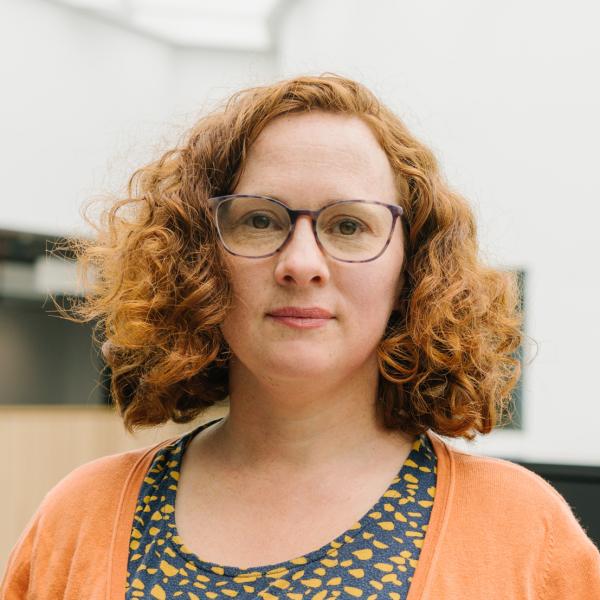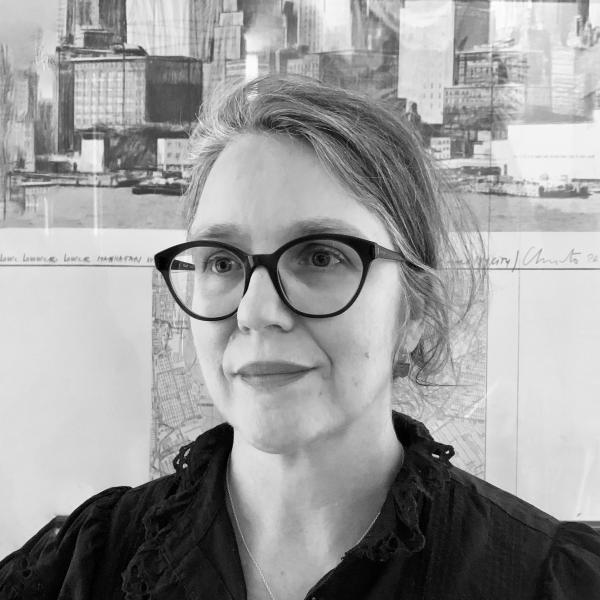Centre for Doctoral Training in Emerging Urban Inequalities
With supervision from world leading researchers in interdisciplinary teams, you'll be equipped with the skills to combine theoretical concepts and innovative research methods across disciplines.
You will study as part of a cohort and will have access to tailored training, expert training in knowledge exchange, and opportunities to engage with our key strategic partnerships to maximise the beneficial societal impacts of their projects.
Led by Professor Rowland Atkinson, the Centre for Doctoral Training (CDT) in Emerging Urban Inequalities (EMU) takes the current urban context and its challenges as a complex structural condition, requiring capacity to understand legacies of inequality that intertwines with new and emerging forms.
EMU will respond by offering advanced, interdisciplinary training and a dynamic mentoring and supervisory system to ensure the development of a closely allied and highly skilled cohort of new urban researchers.
The following projects are available in the EMU CDT, and focus on knowing emerging urban inequalities.
Displacement, children and urban play
This study will focus upon the play experiences of children who have recently settled in urban environments in the Global South and North as a result of displacement arising from war, conflict, natural crises and poverty.
Play is globally recognised as a universal good and takes on heightened significance for uprooted children, due to the potential it affords for interacting, socialising, experiencing a collective sense of belonging and dealing with traumas associated with crises and displacement.
Urban play cultures are of fundamental importance because they act as physical, emotional and imagined spaces in which children can exercise their participatory rights as citizens. However, with rising privatisation of public space and new forms of social control, urban playspace is increasingly under threat.
As such, the overarching objective for this study will be to generate new understandings of how play is experienced by recently settled children, in relation to wider inequalities that contribute to urban geographies of play.
Focusing upon Global South contexts, the study aims to:
- understand the meanings, purposes and values that recently displaced and resettled children ascribe to their play;
- understand the spatial affordances and constraints for children’s play, including through use of constructed and found outdoor urban spaces;
- investigate the interplay of choice, freedom, agency and control in terms of who gets to play, where and with whom.
The study will take a participatory approach, engaging with children as collaborators to refine the research aims in the context of different urban outdoor spaces.
A palette of participatory methods will be used, including child-led walks, child-initiated photographs and reflective dialogues. The research design and methods will be negotiated with participants in local contexts in order to ensure cultural relevance and ethical appropriateness.
The study will contribute to the little-understood situation of children’s play when they are displaced from their home and where they may experience ‘lost childhoods’ while living in potentially alien urban environments.
Lead supervisor
Supervisors
Migration, cities and inequality
Migratory flows are one of the key challenges of the 21st century, with cities forming major poles and conduits of these flows. While migration due to economic need has been the subject of much policy and academic attention, the issue of forced migration to urban areas (whether internal or international) remains less well- recognised.
Some forms of forced migration are well-established in policy and academic debates (eg due to conflict), while some are only recently recognised and remain contested (eg due to climate change). As cities and urban areas are transforming rapidly, challenges arise in terms of inadequate and overloaded infrastructure, social tensions, increased poverty and inequality.
The capacity to respond to old and new migratory challenges depends on the specifics of the context: how and where new migrants settle, how they combine permanent and temporary forms of migration, what new patterns of urbanisation they create.
The UNHCR’s recognition of urban refugees has been accompanied by a collapse of compassion in the public sphere, and a generalised politics of exclusion, across Europe. Yet cities remain sites of both vulnerability and opportunity, housing many innovative grassroots responses to migration and inequality.
Climate-induced migration is increasingly recognised as a significant influence on urban change and inequality, in the context of new forms of climate urbanism. Examples such as the Climate Refugee Network of Barcelona show the potential of urban areas to deliver social innovations that respond directly to these emerging challenges.
This project aims to capture experiences of migration in at least two case study cities from the Global North and/or South, in order to compare experiences and foster cross-contextual learning around the effects of forced migration on cities and specifically on urban inequality.
The project will first examine the patterns of migration and urbanisation, using the existing available data, to identify key patterns of urban transformation and how they are likely affecting new urban life. This will help to select priority locations for the research.
The project will move to examine responses to forced migration (linked to conflict and/or climate change, broadly interpreted) in different cities, focusing particularly on grassroots led or linked initiatives, while also seeking to critically interrogate categories of forced migration. This will build on the ERC project Low Carbon Action in Ordinary Cities.
Lead supervisor
Supervisors
Defending undefendable territories: Gender, domesticity and social control
Secure and affordable accommodation for poorer or migrating households, particularly in low-income and unequal countries (including the UK), is now a major policy priority. The extreme inequalities between poor living conditions necessitate a more nuanced examination of the lives of the urban majority.
This project will engage the voices of dwellers across different domesticities, including rented or owned housing, and spaces of transient accommodation (hotels, camps, streets, detention centres) in London (UK) and a city in Global South (eg Johannesburg, South Africa) to understand how they manage the risk of insecurity from both outside and inside the home. Lockdown measures during COVID-19 exacerbated and brought historic concerns over unacceptable rates of domestic violence to the forefront of security agendas.
Housing tenure, and rights over, or in, domesticity are important in influencing control in a personal and spatial sense, yet have not been considered in relation to public and domestic violence and insecurity more broadly in significant depth. This is despite important ethnographic work revealing the socio-economic tensions associated with living as tenants in backyard shacks and work which highlights how poverty in state housing produces new gendered conflict despite the relative security of homeownership.
Tenurial changes (eg ownership to renting) are the subject of work on homelessness and housing insecurity after domestic violence experiences, but housing tenure in relation to public and domestic violence has not benefited from sufficient research.
Poverty and gender inequality cuts across all types of domesticity, especially in contexts where state provision of housing is lacking, or where its provision for the urban poor boosts levels of homeownership, while not tackling affordability. Control over domestic spaces is often gendered, and income vulnerability reduces agency in controlling one’s space. Even among homeowners, wealth variations dictate substantive differences in safety and security.
For those living as tenants or in temporary accommodation, decisions over who else is present on site and how their anti-social practices are managed are often beyond their control. Risks of sexual violence can prove significant. Furthermore, the insecurity and potential unaffordability of their contracts can mean the threat of eviction or deportation even sharpens gendered insecurity, with gendered violence often a factor shaping subsequent eviction orders.
This project will draw on appropriate qualitative methodologies which may include interviews with households, housing officials, institutions supporting tenants and refugees, and policing and anti-domestic violence agencies, as well as mapping, visual and photographic analyses to inform understandings that may promote safer homes and communities in their multitudinous forms.
Supervisors
Criteria
Applicants are expected to have a strong first degree (2.1 or a first class honours) ideally in a relevant social science subject.
Candidates applying with a masters degree must have obtained at least a Merit (or equivalent).
Application process
Applications should be made through the University of 91Ö±²¥ Postgraduate Online Application Form. We recommend you contact the relevant lead supervisor before applying.
As part of the application, you should upload the following additional information:
- A one-page personal statement explaining how your skills, experiences, interests and career plans make you a suitable candidate for the studentship.
- A 500-word statement explaining why you think this research is important. Please cite the title of this studentship in your application.


